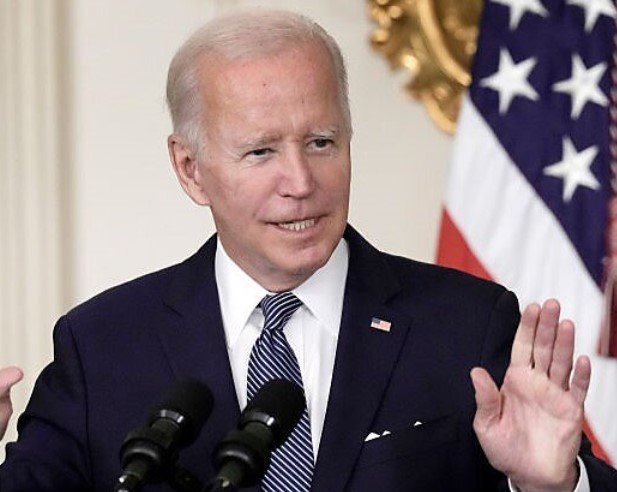President Joe Biden announced on Friday that he has commuted the sentences of nearly 2,500 individuals serving federal prison time for nonviolent drug offenses. Among those granted clemency are individuals incarcerated for marijuana-related offenses, marking one of the final actions of his presidency before President-elect Donald Trump takes office next week.
The president emphasized that these commutations aim to address outdated sentencing practices and to provide relief for those disproportionately impacted by policies rooted in racial and social inequities.
A Record-Breaking Clemency Initiative
Biden’s clemency announcement brings his total commutations to the highest of any president in U.S. history. This includes earlier actions in his term, such as the mass pardons for individuals convicted of federal cannabis possession offenses.
“Today’s clemency action provides relief for individuals who received lengthy sentences based on discredited distinctions between crack and powder cocaine, as well as outdated sentencing enhancements for drug crimes,” Biden said in a statement. He credited legislative reforms like the Fair Sentencing Act and the First Step Act for paving the way to reduce these disparities.
The president’s clemency decisions represent a broader effort to reform sentencing laws and rectify the harm caused by decades of punitive drug policies. “It’s time we equalize these sentencing disparities,” he added.

Advocates Push for Comprehensive Reform
While advocacy groups welcomed the president’s actions, some voiced ongoing frustration over the thousands of people who remain incarcerated for cannabis-related convictions, particularly for nonviolent sales. Organizations like the Last Prisoner Project (LPP) have consistently called for broader clemency measures to include all nonviolent cannabis offenders.
Friday’s commutations included notable cases that highlight the severity of past sentencing practices:
- Kerry Collier: Served nearly 14 years of a 20-year sentence.
- Daniel Gallegos: Served 14 years of a 20-year sentence.
- Albert Madrid: Served over 26 years of a life sentence.
These sentences often stemmed from policies that treated crack cocaine more harshly than powder cocaine, as well as mandatory minimums that left judges little discretion.
Marijuana Convictions in Focus
Cannabis-related offenses were also addressed in Biden’s latest clemency decisions. Individuals like Jose Sepulveda, who served 27 years of a life sentence for a marijuana conviction, are now set to return to their communities.
Despite significant steps toward reform, including state-level legalization efforts and bipartisan support for decriminalization, federal marijuana laws remain a contentious issue.
Critics argue that federal inaction on cannabis reform disproportionately affects marginalized communities. While Biden’s clemency provides relief to some, many are calling for broader systemic changes, such as the full expungement of cannabis-related records and the repeal of prohibition-era drug laws.
Next Steps for Criminal Justice Reform
As Biden prepares to leave office, questions remain about the future of criminal justice reform under the incoming administration. President-elect Trump has expressed mixed views on clemency and drug policy, leaving advocates uncertain about whether these gains will continue.
For those impacted by Biden’s commutations, the opportunity to rebuild their lives offers a glimmer of hope. Organizations like LPP are stepping up efforts to provide reentry support, including housing, job training, and counseling for formerly incarcerated individuals.
Broader Implications
Biden’s record-breaking clemency efforts underscore a shift in how drug offenses are viewed and prosecuted in the United States. However, the pace of reform remains uneven, and advocates say there is still significant work to be done to achieve justice for all.
As the nation debates the next steps in drug policy and criminal justice reform, Biden’s actions serve as a reminder of the human cost of outdated laws—and the transformative power of second chances.



